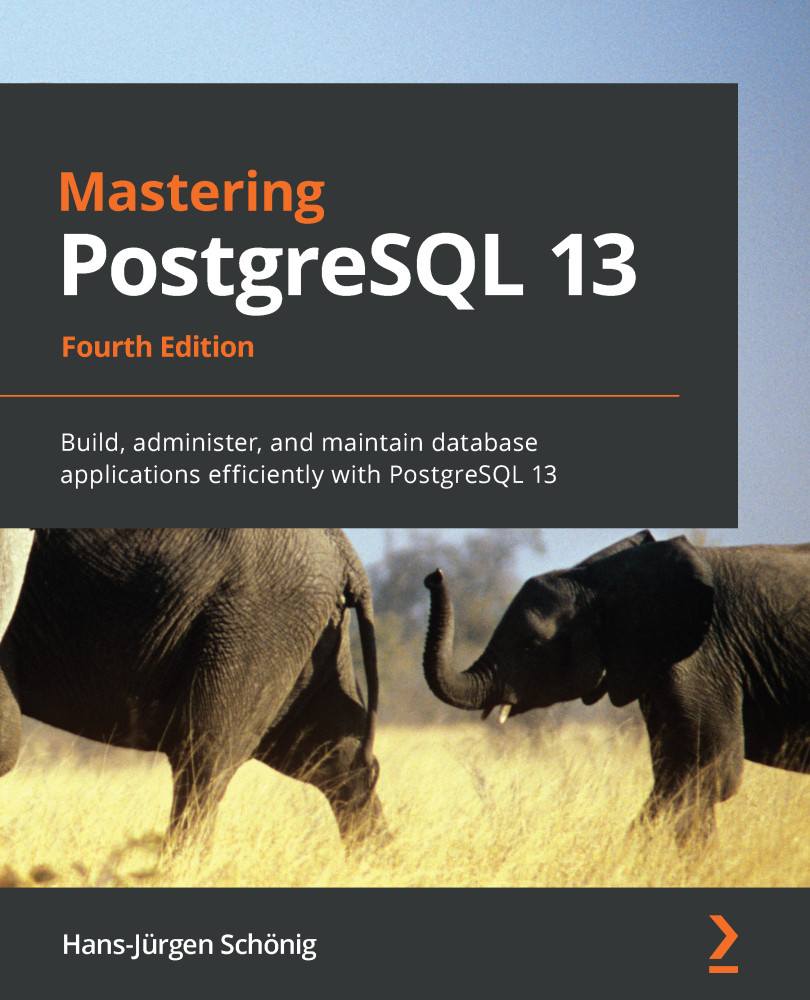In Chapter 2, Understanding Transactions and Locking, you learned about concurrency and locking. In this chapter, it is time to attack indexing head on. The importance of this topic cannot be stressed enough—indexing is (and will most likely remain) one of the most important topics in the life of every database engineer.
After 20+ years of professional, full-time PostgreSQL consulting and PostgreSQL 24/7 support experience (www.cybertec-postgresql.com), I can say one thing for sure—bad indexing is the main source of bad performance. Of course, it is important to adjust memory parameters and all that. However, it is all in vain if indexes are not used properly. There is simply no replacement for a missing index. To make my point clear: there is no way to achieve good performance without proper indexing, so always make it a point to check the...


